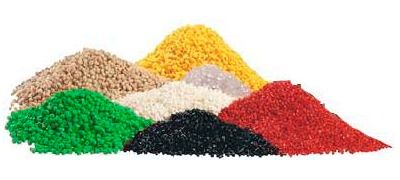Re: Reddy brown wheel axle clips
Posted: Mon Jan 05, 2015 4:28 pm
I've never even heard of the existence of white axle clips!fixer wrote:Never seen any in white double or single...
A useful resource for collectors of British diecast toys
http://vbd2-archive.in-nz.com/forum/
I've never even heard of the existence of white axle clips!fixer wrote:Never seen any in white double or single...
Was that also a double clip on a Greyhound?nearlymint wrote:...I did see one many years ago in a beater box, never realised at the time how special it was.
There is no dye process. The color is in the raw plastic pellets. If they want a red clip or interior they choose red pellets and so on through the colors. When the plastic part is molded, the color selection is a deliberate process.motorman wrote:Is this white clip in the "raw" state having missed the colour dye process entirely? Just a thought.

The amounts of plastic Lesney used in the 1960s it is quite possible they made their own pellets because we know Jack Odell custom designed and built his own machinery and was a leader not a follower in development of machinery to operate his own tools. Ivory seems to be a default colour for Lesney in the 1960s with black appearing only in YY range prior to 1969 aside from obvious wheels + tyres ...........Tinman wrote:There is no dye process. The color is in the raw plastic pellets. If they want a red clip or interior they choose red pellets and so on through the colors. When the plastic part is molded, the color selection is a deliberate process.motorman wrote:Is this white clip in the "raw" state having missed the colour dye process entirely? Just a thought.
Yes it was also on a Greyhound, perhaps one of the first double clips.Idris wrote:Was that also a double clip on a Greyhound?nearlymint wrote:...I did see one many years ago in a beater box, never realised at the time how special it was.
I'm thinking: No! Because pellets is how the "raw plastic" has been made/sold since the start of the process of molded plastic components. For thermoplastics, once various hydrocarbons are obtained from cracking, they are chemically processed to make hydrocarbon monomers and other carbon monomers (like styrene, vinyl chloride, acrylonitrile) used in plastics.SMS88 wrote:The amounts of plastic Lesney used in the 1960s it is quite possible they made their own pellets because we know Jack Odell custom designed and built his own machinery and was a leader not a follower in development of machinery to operate his own tools. Ivory seems to be a default colour for Lesney in the 1960s with black appearing only in YY range prior to 1969 aside from obvious wheels + tyres ...........